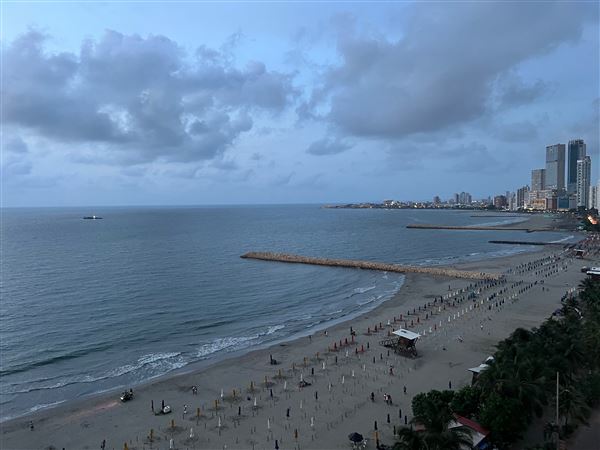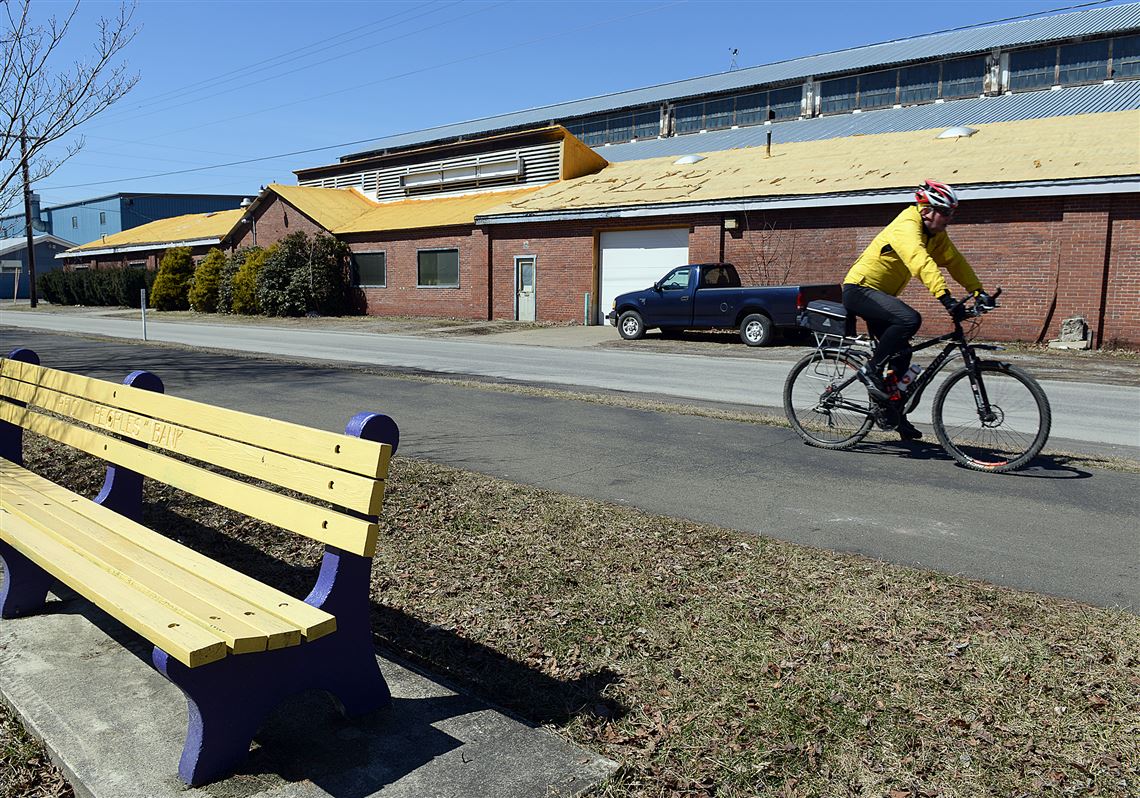A U.S. District Court judge has ruled that PPG Industries Inc. is liable under federal law for decades of toxic pollution that flowed, and continues to flow, from a former glass dump into the Allegheny River near Ford City in Armstrong County.
In a decision released Friday, U.S. Magistrate Judge Robert Mitchell ruled that PPG is liable under the federal Resource Conservation and Recovery Act for soil and water contamination that “may present an imminent and substantial endangerment to health or the environment.”
The ruling granted a request by plaintiffs PennEnvironment and the Sierra Club for summary judgement in the 2012 case. Also in the 49-page opinion, the judge dismissed a claim by PPG that Elger Inc. a company that had a state permit to deposit solid waste materials in a landfill on the 77-acre dump, was partially liable for the pollution.
“The judge is saying that not only is PPG the culpable party, but that it violated a cornerstone environmental law,” said David Masur, PennEnvironment executive director. “This has been a long time coming.”
PPG used the dump site along the Allegheny River, 38 miles upriver from Pittsburgh’s primary drinking water intake pipe, from 1949 to 1970 to dump waste including metals, glass, volatile organic compounds and polychlorinated biphenyls (PCBs), from its Ford City glass works, once one of the largest glass manufacturing plants in the world.
Joanne Kilgour, Sierra Club Pennsylvania Chapter director, said in a news release that PPG’s continuing contaminate discharges at the site hinders ongoing efforts to clean up the Allegheny River.
“While many industries along the river have made great strides to limit pollution to the Allegheny,” she said, “we must hold companies like PPG accountable in order to protect the drinking water of the communities downstream.”
Runoff from slurry lagoons on the site contains high concentrations of lead, arsenic, chromium, manganese, salts and mercury. Liquids seeping into the river were so caustic, or alkaline, according to court filings that are part of the case history, that people coming into contact with it could be blinded and fish cannot survive in the river near the site.
Mark Silvey, a PPG spokesman, issued a statement saying the company is aware of the court’s decision and “will continue to work with the Pennsylvania Department of Environmental Protection to implement appropriate measures to address site conditions.”
He said PPG has already put in place a number of DEP-approved pollution control measures, but did not respond to a question asking whether PPG will appeal Friday’s decision.
Mr. Masur said the DEP has spent three years finalizing and enforcing a National Pollutant Discharge Elimination System permit for PPG, a document that all entities discharging pollutants into water bodies are required to have under the federal Clean Water Act.
“[There are] not many places in the U.S. in the 21st century that aren’t required to have an NPDES permit,” Mr. Masur said. “It’s crucial that getting that discharge permitted move along on a parallel track with this federal case. The DEP has been trying to get its arms around that site for decades.”
He said PennEnvironment and the Sierra Club will ask the court to order PPG to end all polluted discharges at the site and assess civil penalties for its 50 years of pollution and ongoing violations of the federal Clean Water Act.
Judge Mitchell’s decision said “relief issues” related to PPG’s liability and penalties will be addressed at a future court proceeding, but he did not set a date.
Don Hopey: dhopey@post-gazette.com, 412-263-1983, or on Twitter @donhopey.
First Published: April 17, 2018, 12:28 p.m.

















